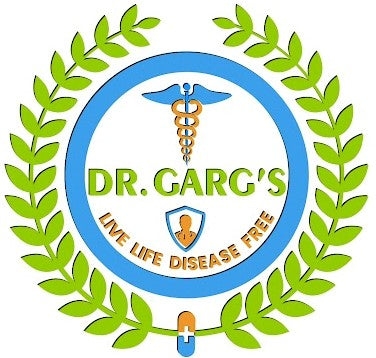Food Allergies
Effective Scientific Treatment for Food Allergies: A Holistic Approach

Introduction:
Food allergies can significantly impact a person's quality of life, causing uncomfortable symptoms and limiting their dietary choices. While conventional medicine offers various treatments for food allergies, an increasing number of individuals are seeking alternative approaches like homeopathy. Homeopathic remedies aim to address the underlying causes of food allergies, alleviate symptoms, and promote overall well-being. In this blog, we will explore the principles of homeopathy and discuss effective homeopathic treatments for food allergies.
Understanding Homeopathy:
Homeopathy is a holistic system of medicine founded on the principle of "like cures like." It is based on the concept that a substance that can cause symptoms in a healthy individual can stimulate the body's healing response when given in a highly diluted form to a person with similar symptoms. Homeopathic remedies are derived from natural substances and are prepared through a process of dilution and potentization.
Treatment Approaches in Homeopathy:
Homeopathic treatment for food allergies involves a comprehensive assessment of the individual's symptoms, medical history, and unique constitution. The goal is to identify the underlying factors contributing to the food allergies and develop a personalized treatment plan.
Here are some common approaches used in homeopathic treatment for food allergies:
- Individualized Remedies: Homeopathy treats the person as a whole, not just the symptoms. A qualified homeopath will prescribe a remedy based on the individual's specific symptoms, sensitivities, and overall health. Common remedies used for food allergies include Arsenicum album, Nux vomica, Sulphur, and Lycopodium.
- Desensitization: Homeopathy employs the principle of desensitization to help the body become less reactive to specific food allergens. This involves administering highly diluted doses of the allergen over time, gradually reducing the body's hypersensitivity. This approach is known as homeopathic immunotherapy.
- Constitutional Treatment: In homeopathy, constitutional treatment involves identifying the individual's unique physical, emotional, and mental characteristics. By addressing the underlying imbalances in the person's overall constitution, it aims to strengthen the body's ability to tolerate allergens and reduce allergic responses.
- Lifestyle and Dietary Advice: Along with homeopathic remedies, lifestyle modifications and dietary changes may be recommended. This may involve avoiding trigger foods, adopting a balanced diet, and incorporating stress-reducing techniques.
Benefits of Homeopathic Treatment for Food Allergies:
- Individualized Approach: Homeopathy focuses on treating the person as a whole, considering their unique symptoms and constitution. This personalized approach aims to provide long-lasting relief from food allergies.
- Non-Invasive and Safe: Homeopathic remedies are derived from natural substances and are highly diluted, making them safe with minimal risk of side effects. They can be safely used by individuals of all ages, including children and pregnant women.
- Holistic Wellness: Homeopathy aims to address the underlying causes of food allergies, leading to overall improved well-being. It may help strengthen the immune system, balance the body, and enhance the body's natural healing mechanisms.
- Complementary Approach: Homeopathy can be used alongside conventional treatments for food allergies, offering a complementary approach to managing symptoms and reducing the need for conventional medications.
Conclusion:
Homeopathy offers a personalized and holistic approach to treating food allergies. By considering an individual's unique symptoms, constitutional factors, and lifestyle, homeopathic treatment provided by Dr. Garg, a qualified homeopath, aims to address the underlying causes of allergies and promote overall well-being. However, it is important to consult Dr. Garg’s Clinic for proper evaluation and individualized treatment. As with any medical condition, it is crucial to maintain open communication with your healthcare provider and make informed decisions regarding your health.

